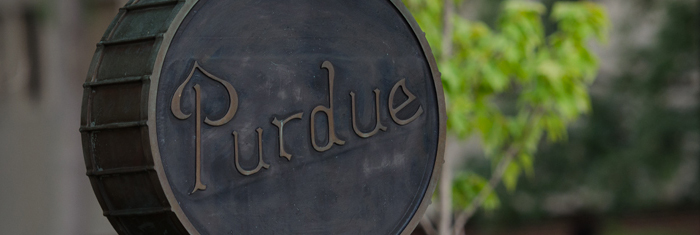
Organization of the College of Liberal Arts
The College of Liberal Arts, established in 1963 as the School of Humanities, Social Science, and Education, has six academic departments: Anthropology; English; History; Philosophy; Political Science; Sociology; and four schools, the Brian Lamb School of Communication, the School of Interdisciplinary Studies, the School of Languages & Cultures, and the Patti and Rusty Rueff School of Design, Art, and Performance. Education was included as a department until 1989 when it separated to become the College of Education. The name change to Liberal Arts was implemented at that time. In 2010, three departments (Health and Kinesiology; Psychological Sciences; and Speech, Language, and Hearing Sciences) moved into the newly created College of Health and Human Sciences. Undergraduate students may select programs from over 90 majors, minors, or certificates from one of the departments and schools, or from one of fourteen interdisciplinary areas. There are over 4,000 students pursuing majors in the college.
The dean of the College of Liberal Arts, has budgetary and administrative responsibility for the academic programs and personnel of the college. The College of Liberal Arts employs approximately 300 faculty members and 140 staff in 12 separate campus buildings. The college operates on a $61 million dollar annual budget administrated by the dean. The dean is assisted in the administration of the college by associate deans. These individuals share responsibilities for student services, assessment of academic programs, faculty research activity, engagement, interdisciplinary programs, and the coordination of student success activities. Ancillary to the dean’s office are offices with responsibilities for academic advising, career services, student recruitment, student success initiatives, and marketing and media. Also reporting to the dean are the directors of development (who also have responsibility for alumni relations) and the director of financial affairs (to whom departmental business managers report). For additional information about history and current administration of the College of Liberal Arts, visit the College of Liberal Arts homepage.
Led by CLA Student Excellence and Community, the Liberal Arts Student Council is a group of 25-30 Liberal Arts students who provide important assistance to the college. They help at various functions sponsored by the college, serve on committees (such as grade appeals and the curriculum committee).